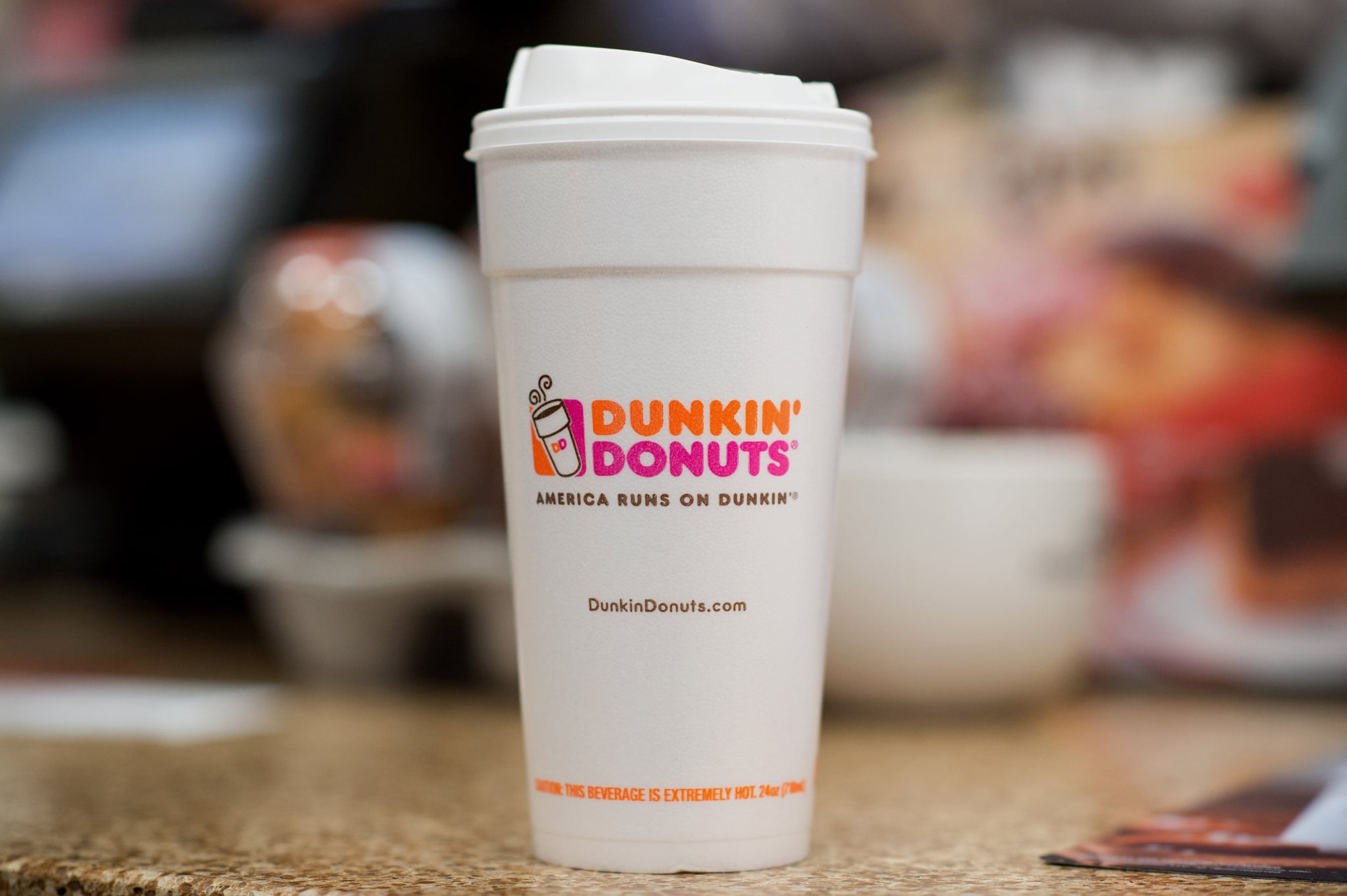Products You May Like
Last weekend, I was waiting in line at a Dunkin’ to order a matcha with plant-based milk when I learned the company is facing a $5 million lawsuit for charging extra for nondairy milk. The lawsuit alleges that this is a discriminatory practice toward those who can’t drink cow’s milk due to milk allergies or lactose intolerance.
According to the suit, the case’s 10 plaintiffs have paid between $0.50 and $2.15 for nondairy milk alternatives in drinks at Dunkin’ since 2018. For my recent Dunkin’ order, I was charged an additional $1.33 because I opted for oat milk in my matcha.
“The case could be monumental from an equity perspective.”
I’ve been subjected to this so-called “vegan tax” — being charged extra for alternative, animal-free milk — for years. Around 2015, I initially cut out dairy products because I’d projectile vomit whenever I drank cow’s milk products. At the time, I was a pescatarian and didn’t know I was allergic to casein (the primary emulsifier in milk), which I later found out in 2022 when I was tested for allergies. I’ve been vegan since 2018. Like the plaintiffs in the suit, I find it discriminatory to be charged extra for a milk alternative that’s safe for my allergies.
After all, as the lawsuit notes, the company doesn’t upcharge customers with hypertension who order caffeine-free drinks, or those with diabetes ordering sugar-free alternatives. The plaintiffs are accusing Dunkin’ of creating “a separate, higher-priced menu, aimed at customers who cannot ingest milk.”
The “vegan tax” disproportionately impacts anyone who avoids plant-based milk, whether it be due to medical diagnosis, animal rights, environmental preservation, or for optimizing a healthy diet. The case could be monumental from an equity perspective — an estimated 95 percent of Asian Americans and 80 percent of Indigenous and Black Americans are lactose intolerant, so charging extra for plant-based milk feels like a discriminatory practice toward BIPOC customers.
It isn’t just those of us who have doctors’ orders to avoid dairy choosing plant-based milks, either. Many conscious consumers avoid animal milk products because of the often exploitative ways cows are forced to produce milk. In addition to animal rights, consuming products from cows contributes to global greenhouse gasses through the deforestation that occurs when creating farmland to cultivate soy, corn, and other feed for livestock. Then there are the health considerations, as dairy milk is a key source of saturated fat in the American diet; can increase some cancer risks; and can cause excess mucus production and inflammation.
If the plaintiffs win the lawsuit and Dunkin’ rolls back its charges for plant-based milk, it would have a direct impact on my life and finances — it would be one less establishment where I’m subjected to the vegan tax. Hopefully other coffee chains across the country would follow suit and remove their charges for alternative milks. I look forward to the day when I can stand in line to buy a matcha or chai from Dunkin’ and know that the price on the menu is what I’ll pay — regardless of my milk choice.
Image Source: Getty / Craig Warga
